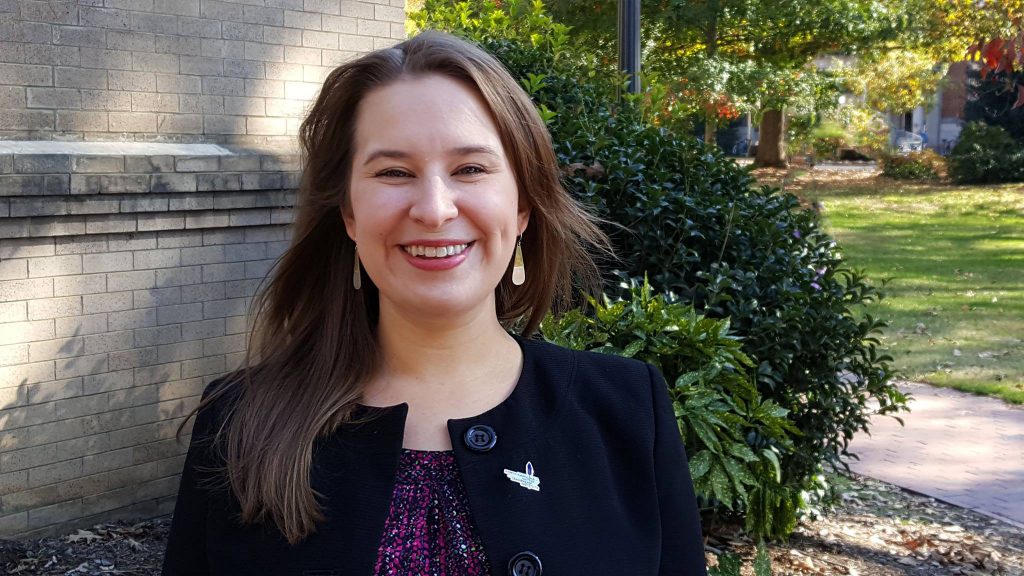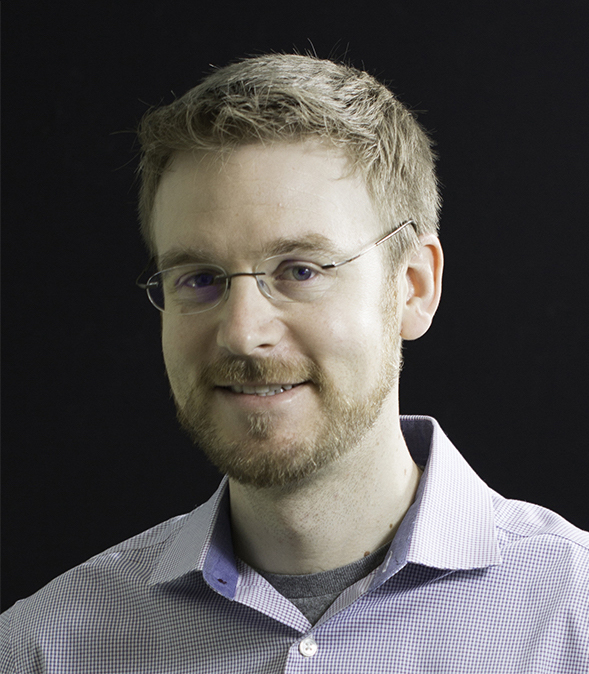
Assistant Professor of Computer Science Mohit Bansal has received the prestigious Young Faculty Award from the Defense Advanced Research Projects Agency (DARPA) — becoming only the second UNC-Chapel Hill faculty member to do so — for his work on natural language processing and machine learning.
Established in 2006, the DARPA Young Faculty Award (YFA) “identifies and engages rising research stars in junior faculty positions at U.S. academic institutions,” and provides them with funding, mentorship and contacts, both in the Department of Defense and in industry. The DARPA-YFA is a two-year award valued at up to $500,000, with the potential of receiving up to an additional $500,000 in funding in the third year.
As a Young Faculty Awardee, Bansal has received two-year funding for his project, “Life-Long Learning: Dynamically Revising Neural Networks via Commonsense and Conversational Feedback.” Bansal was among a select group of 28 winners nationwide.
The Young Faculty Award will support Bansal’s research on developing life-long learning based artificial intelligence (AI) models that dynamically revise their neural architecture, inspired by how humans continuously learn from feedback and adapt to their surroundings. This is an innovative break from current static-architecture models that do not sufficiently self-correct or adapt to unexpected scenarios. These revisions will be based on real-time feedback from user-machine interaction and human-driven common-sense knowledge bases. The research could lead to more intelligent machine learning models, with potential groundbreaking improvements across the human-robot collaboration task spectrum.
Bansal’s lab in the computer science department in UNC’s College of Arts & Sciences focuses on natural language processing and generation, multimodal and grounded machine learning, and deep learning-based data analytics.



